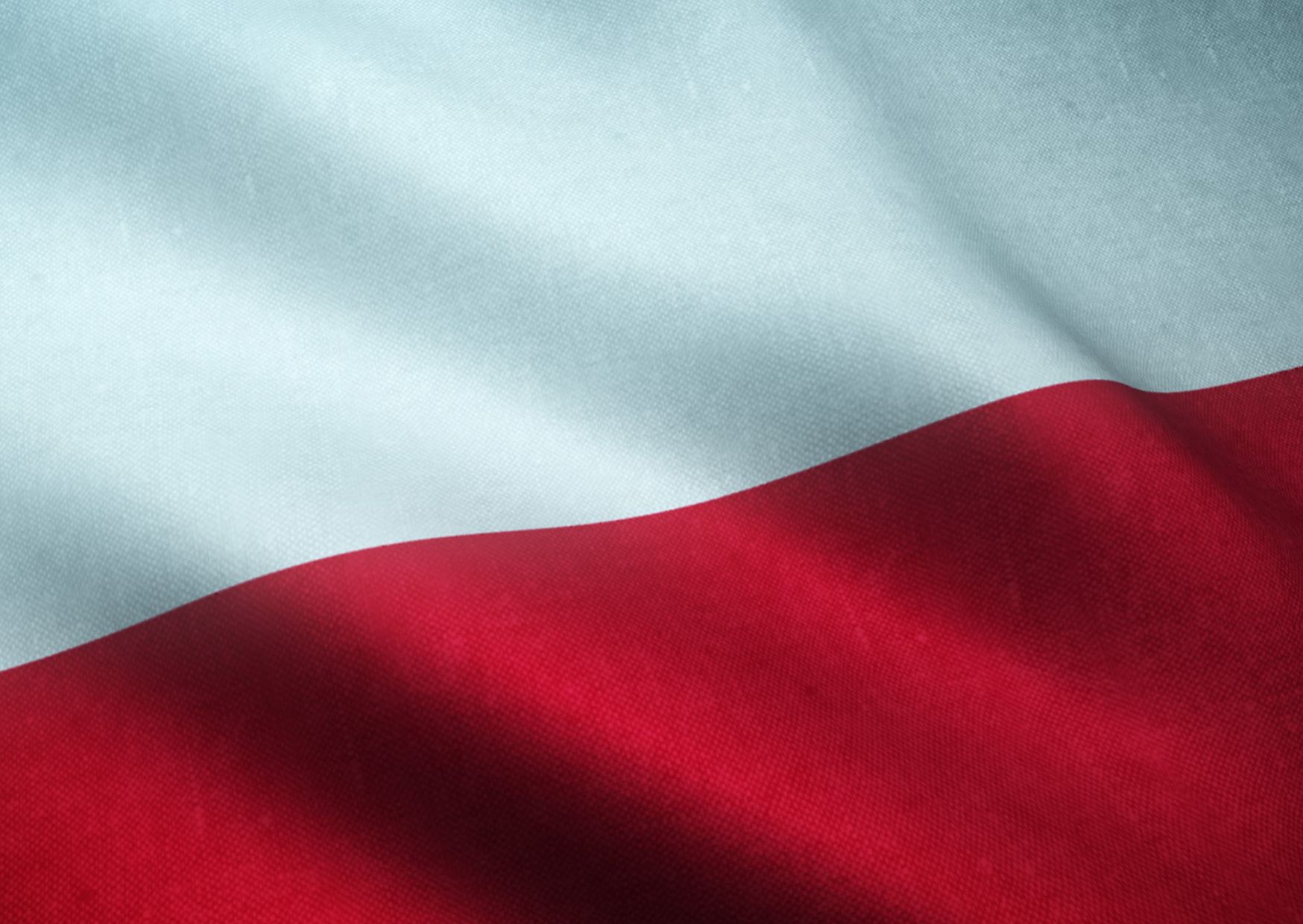Become a member
FIAT-IFTA is the only internationally governed Funeral Federation with National, Active and Associate Members in more than 80 Countries.
Before the 2024 FIAT-IFTA Convention in Krakow begins
By Katarzyna Supa, funeral innovation researcher, editor-in-chief THANOS magazine
Poland is a fascinating country that serves as the geographical, cultural, business crossroads of Eastern and Western Europe. It is known for its economic stability and rapid growth, making it one of the world's most business-friendly locations. In the funeral market, Poland combines deep-rooted traditions with a readiness to embrace innovation. In recent years, the Polish funeral industry has been undergoing a transformation, highlighting the need for modernizing existing funeral laws.
A generational shift within funeral companies is also becoming apparent. While families seek increasingly high standards of service, they are mindful of the financial implications and closely monitor funeral expenses.

Demographic shifts and challenges
Poland's population has undergone a steady decline over the past decade, characterized by a decrease of 729,000 people compared to 2013 and 141,000 people since 2021, resulting in a current population of 37.6 million at the end of 2023. This persistent downward trend since 2012 is primarily driven by factors such as negative natural increase (-3,5 per 1,000 population), the COVID-19 pandemic, and emigration. As the 38th largest country in the world by population and the 5th largest in the European Union, Poland's demographic landscape is marked by a mortality rate that has risen from 10.1‰ in 2013 to 11.9‰ in 2022.
The basic factor determining the demand for funeral services is the number of deaths. In the last few decades, it has remained at a relatively constant level both in Europe and in Poland. Poland witnessed its highest number of deaths since World War II in 2021, with 520,000 fatalities, largely due to the pandemic's toll. In 2022, the death rate slightly decreased to around 448,000 people, and in 2023 around 409,000, although this figure still surpasses the pre-pandemic rate. Cardiovascular diseases and cancer remain the leading causes of death, accounting for slightly more than half of all deaths.
Poland's population remains relatively homogenous in terms of nationality and religion, with 91.9% of citizens identifying as Catholic. However, the influence of the Catholic Church appears to be gradually waning. Funerals in Poland are typically carried out according to either Catholic or secular traditions. It is estimated that secular funerals, overseen by a master of ceremonies (funeral celebrants) in accordance with the personal wishes of the deceased and their family, account for about 4-6% of all funerals. This number has been steadily rising. Families typically aim to keep funeral expenses within a PLN 4,000 (EUR 1,000) funeral allowance. However, they often need to cover additional costs such as purchasing a cemetery plot, paying for the participation of a priest in the ceremony, installing a headstone, and other supplementary services like musical or floral arrangements and post-funeral gatherings.
Looking ahead, the country's age structure suggests that the funeral industry may benefit economically for the next 25-45 years, while the ongoing negative birth rate poses a long-term threat to the country's demographic stability.
Would you like to learn more and discover more?
Read the article in the summer issue of THANOS magazine - you can read online at pages 10-13
FIAT-IFTA is the only internationally governed funeral Federation with National, Active And Associate Members in more than 80 countries.
Subscribe to our newsletter and receive the latest funeral news and Thanos Magazine for free.
Not a member yet? Become a member